Home > Religion > Tinubu approves 20% of palliatives, scho...
Tinubu approves 20% of palliatives, school feeding programme to go through religious and traditional institutions
By AnchorNews | 24 Apr, 2024 09:28:53am | 135
.jpeg)
President Bola Tinubu has approved that 20 per cent of the palliative interventions as well as school feeding programmes be routed through religious organisations and the traditional institutions.
Vice President Kashim Shettima made the disclosure at the unveiling of plan to improve nutrition across Nigeria, at a High-Level Dialogue of Faith Leaders on Nutrition in Nigeria, held at the State House Conference Center, Abuja, on Tuesday.
The one-day dialogue with the theme, “Faith Leaders as Catalysts for Enhanced Human Capital Through Nutrition,” was organized by the National Council on Nutrition and the World Bank-assisted Accelerating Nutrition Results in Nigeria [ANRiN] Project.
The Imam of Bayero University (BUK) had during his intervention at the dialogue, complained about the exclusion of the traditional and religious leaders in the distribution of palliatives.
In his response, Shettima said: “The Imam of Bayero University (BUK) mentioned the exclusion of the traditional and religious leaders in the distribution of palliatives.
” The President has approved that 20 per cent of the palliative in terms of food intervention be routed through our religious organisations and the traditional institutions.
“The Tsangaya schools, the mission schools will be specially targeted for such intervention,” Shettima said.
He explained that the logistics modalities were being worked out with the the Federal Ministry of Agriculture and will be anchored from the office of the Minister of Budget and Economic Planning for smooth implementation.
“We are working out the logistics through the Federal Ministry of agriculture and these interventions will be anchored from the office of the honourable minister of budget and economic planning and we are going to provide the overall supervision towards those implementation.
“And 20% of the funds released for the school feeding programme, should also be channeled through the office of the honourable minister of budget and economic planning to the religious bodies.
“We have already commenced the engagement, we are working out the modalities so that we can have a hitch free implementation”, he said.
Shettima further stressed that Nigeria’s future readiness hinges not just on food abundance but on the nourishing quality of its food supply.
“We must proclaim to the world that our commitment to producing food of unparalleled richness is not rhetoric. This gathering is a solemn pledge to safeguard our well-being and preserve the legacy of generations yet to come.”
The Vice President who reffered to religious and traditional as “prime cultural influencers” and a “gateway to a Nigeria defined by mutual understanding, peace, unity and social cohesion”, assured them of President Tinubu’s commitment to prioritizing nutrition as part of Nigeria’s food security drive.
“President Bola Ahmed Tinubu has demonstrated his commitment to prioritizing nutrition as an integral component of our quest for food sufficiency. This is our inspiration to implement quality, cost-effective nutrition services.
“From providing support to pregnant and lactating women to ensuring the well-being of adolescent girls and children under five years of age, President Tinubu’s vision has propelled us towards a future where every Nigerian has access to the nourishment they need to thrive,” he said.
The Vice President said initiatives like ANRiN) programme was vital efforts to scale up nutrition interventions nationwide.
Shettima however stressed that the government cannot succeed alone, saying “We depend on the support and guidance of those who wield influence within our communities to drive this change.”
He urged faith and traditional leaders to champion proper nutrition practices in their spheres, integrating nutrition education into places of worship and cultural gatherings.
“Your influence is indispensable. We believe that, regardless of the quality of ideas we bring to the table, our efforts will fall short without your participation and endorsement.
“This is an avenue to reassure you that we are committed to more than just talk; we will take tangible action by reaching out to vulnerable and disadvantaged groups, including pregnant women, children, and the elderly,” the Vice President told them.
He thanked federal ministries and partners like the World Bank for supporting the nutrition drive in Nigeria, adding that “together, let us stand as beacons of hope, leading the charge towards a healthier and more prosperous tomorrow for all.”
Earlier, the Minister of Budget and Economic Planning, Atiku Bagudu, said malnutrition and related challenges have over the years negatively impacted human capital development, requiring accelerated interventions.
He said the efforts and interventions of the National Economic Council chaired by the Vice President and the engagement with faith-based leaders, among other initiatives, are testimonies that Nigeria has the institutional mechanism to combat hunger and malnutrition with its associated challenges.
On his part, Coordinating Minister of Health and Social Welfare, Muhammad Pate, said the engagement with faith-based leaders was not just a dialogue but a clarion call for action to address one of society’s most disturbing challenges.
Pate called on religious and traditional leaders in the country to leverage their network and influence in society to support the government in combating hunger and malnutrition, describing faith-based leaders as the backbone of their communities, hence their importance in improving the nutritional outcomes in their various domains.
In their separate remarks, the Sultan of Sokoto, His Eminence, Muhammadu Sa’ad Abubakar III, and the President of the Christian Association of Nigeria (CAN), the Most Rev. Daniel Okoh, pledged the commitment of their communities and congregations to the efforts to combat hunger and malnutrition in the country, stating that their presence at the event underscored their loyalty to the campaign.
While advocating attitudinal change by communities and individuals, the faith leaders assured that campaign messages for improving nutritional outcomes in families and communities will be integrated into messages in the different places of worship, all in the bid to accelerate the fight against hunger and malnutrition.
In a goodwill message on behalf of the Nutrition Society of Nigeria, the 14th Emir of Kano and Chair of the Council, His Highness, Khalifa Muhammad Sanusi II, highlighted some of the negative indices of malnutrition and its related issues across the country, advocating a change in attitude and strategies by all stakeholders.
He said providing for the nutritional needs of children and pregnant women has religious implications and must be viewed as a right owed to the child and his or her mother.
Other speakers at the occasion included the Minister of Information and National Orientation, Alhaji Mohammed Idris; out-going World Bank Country Director, Mr Shubham Chaudhri; Managing Director of the Aliko Dangote Foundation, Zouera Youssoufou, and the Chief Imam of the Abubakar Tafawa Balewa University, Bauchi, Prof. Mansur Yelwa, among others.
High point of the occasion was the launch of two manuals – the Accelerating Nutrition Results in Nigeria (ANRiN) Sermon Guides and Faith Perspectives on Nutrition – by the Vice President.
Sun

Leave a Reply
Your email address will not be published. Required fields are marked *
Category
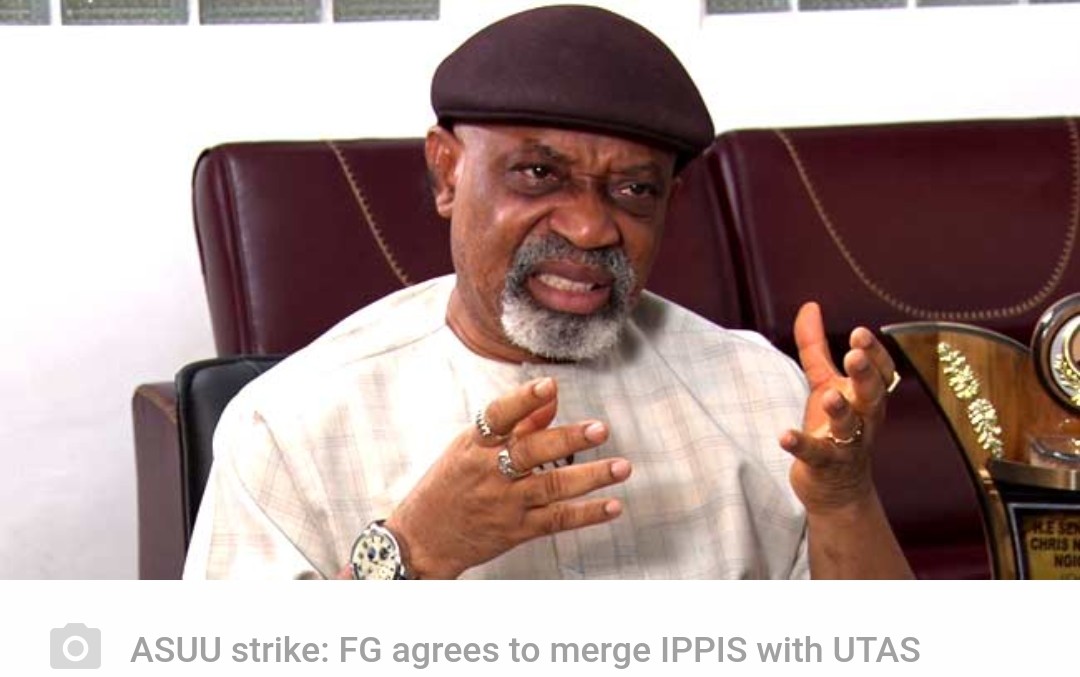 News
News Crime & Security
Crime & Security Opinion
Opinion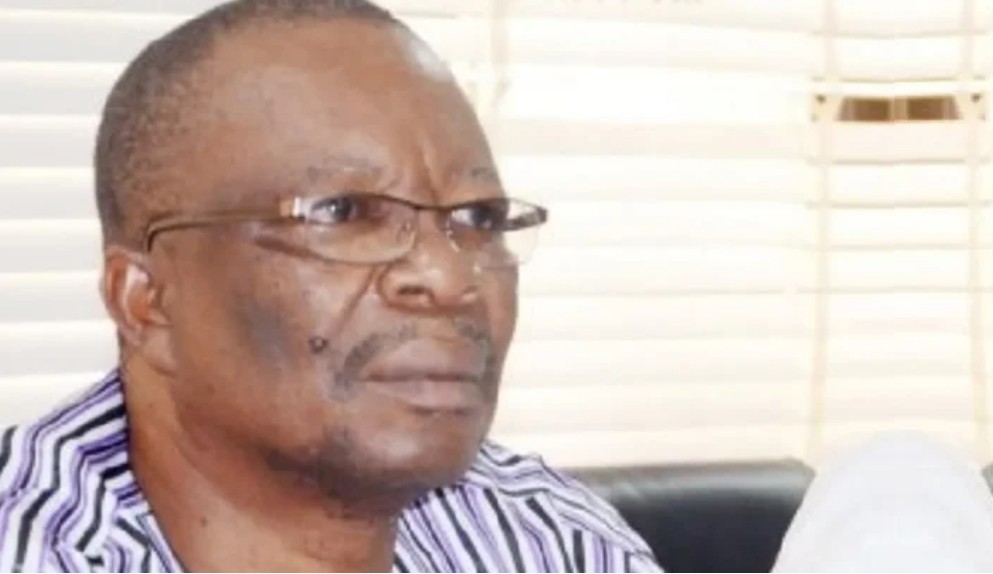 Education
Education .jpeg) Interviews
Interviews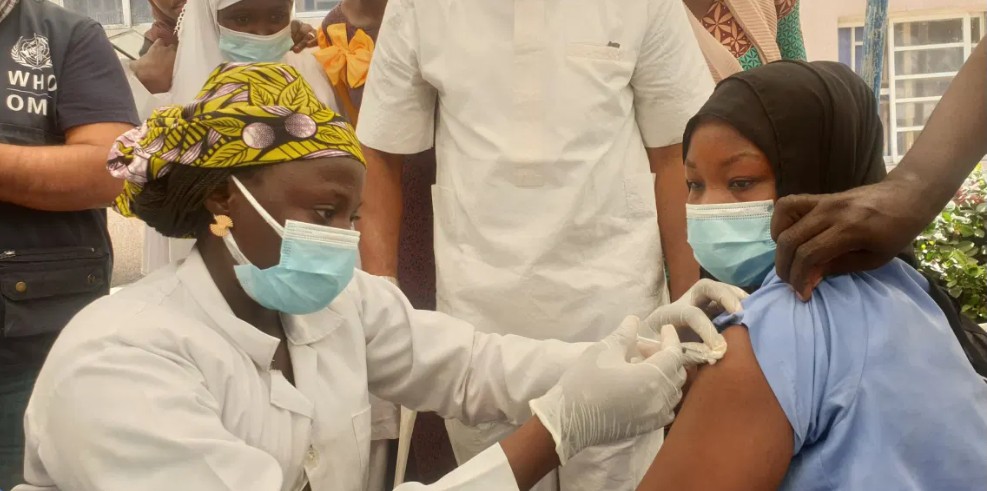 Entertainment
Entertainment Sports
Sports  Business & Economy
Business & Economy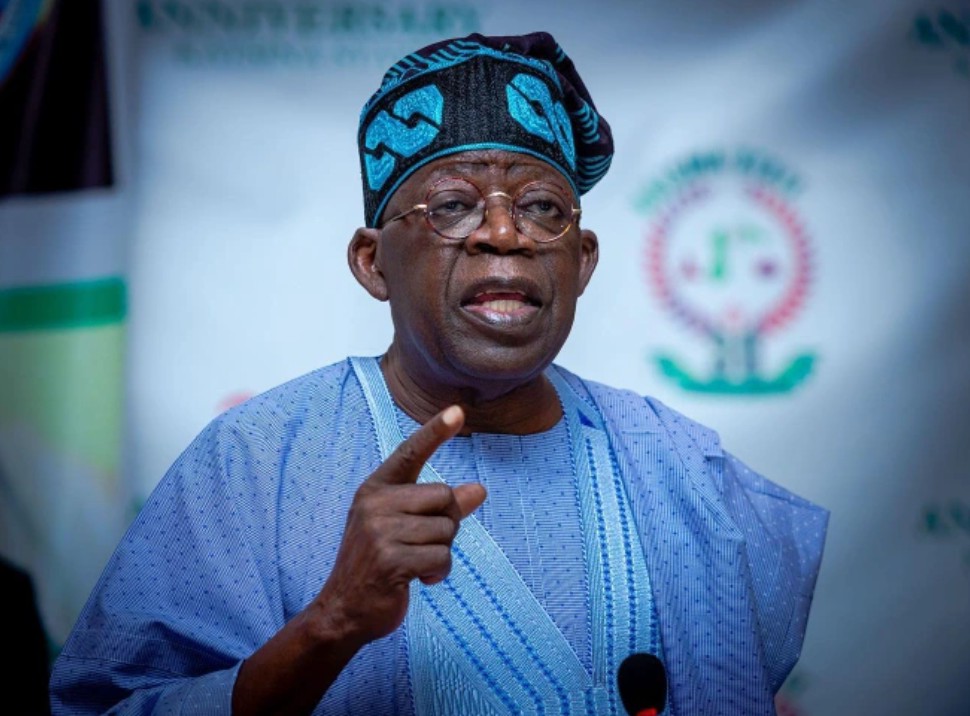 Politics
Politics Health
Health Technology
Technology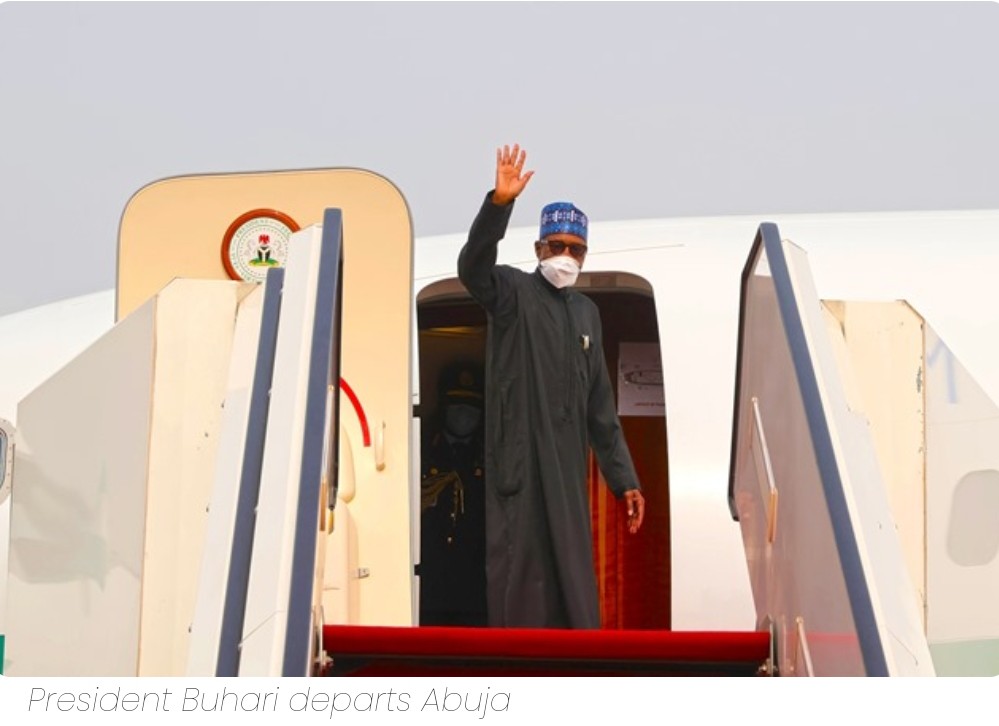 Culture & Tourism
Culture & Tourism Religion
Religion